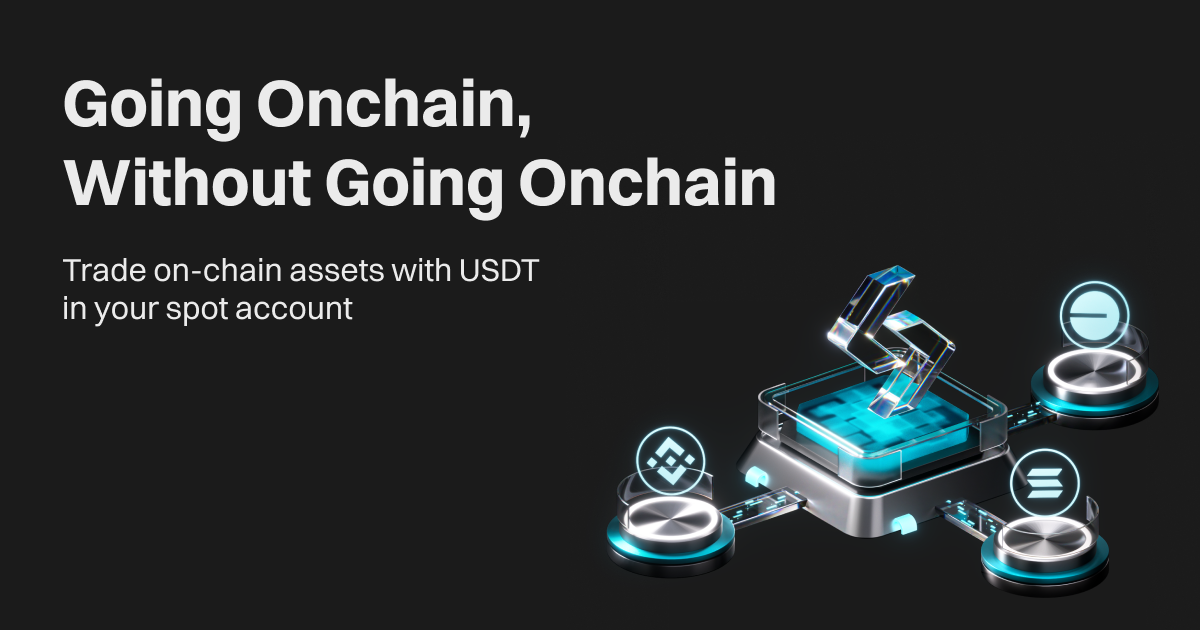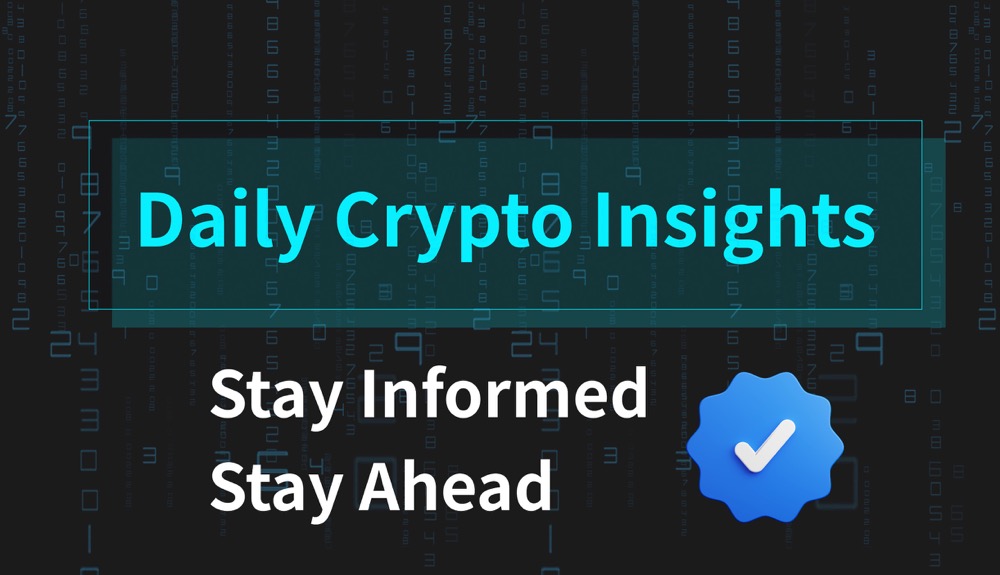Binance Launchpool’s latest project Omni Network: The next generation of modular blockchain
Original author: PAUL VERADITTAKIT
Original translation: LlamaC
Editor's note: On April 12, Binance Launchpool launched the 52nd project Omni Network (OMNI). Starting at 00:00 (UTC) on April 13, 2024, users will be able to put their BNB and FDUSD into a separate pool to mine OMNI tokens within four days. In terms of its token distribution, Binance Launchpool accounts for 3.50%, the ecosystem fund accounts for 29.5%, the team accounts for 25.25%, private investors account for 20.06%, the community fund accounts for 12.67%, the public offering allocation accounts for 5.77%, and the consultants account for 3.25%. Omni Network aims to become the " Ethereum interoperability infrastructure", providing interoperability for Rollup networks such as Optimism, Arbitrum, zkSync and Starkware, and becoming the core infrastructure for all Rollup networks and modular applications on Ethereum, achieving a seamless and secure cross-Rollup user experience. Just yesterday, Omni Network also announced the details of the Genesis airdrop. 3 million (3% of the total OMNI supply) will be distributed as part of the airdrop, and eligibility checks are supported. Reference reading: "Ethereum Interoperability Infrastructure Omni Network: Connecting Rollups and Creating Liquidity" . BlockBeats reprinted the latest analysis of Omni Network, the full text is as follows:
Introduction
Rollups are Ethereum's current and future expansion solutions. From 2021 to 2023, the use of Rollups gradually increased, and as can be seen from the chart, this brought nearly 10 times the transaction throughput of Ethereum L1.

Source: https://l2beat.com/scaling/activity
Rollups help Ethereum process more transactions more efficiently by processing transactions off-chain and storing data or proofs only on Ethereum L1. This approach allows Rollups to inherit the security of Ethereum L1 while maintaining compatibility with Ethereum's vast ecosystem of developer tools and applications.
However, because Rollups scale Ethereum through isolated off-chain environments, they bring negative externalities and reduce Ethereum's network effects. Specifically, liquidity, users, and developers are fragmented across different ecosystems. The growing variety of Rollups and their growing adoption will only exacerbate these problems. Therefore, Ethereum needs a native interoperability protocol to align it back with its original vision as a unified operating system for decentralized applications.
Omni's Key Innovations
Omni is an Ethereum-native interoperability protocol that establishes low-latency communication between all Ethereum Rollups, enabling Ethereum to operate as a consistent system in the modular era. Built by a team with deep industry experience, Omni aims to unify Ethereum’s fragmented Rollups ecosystem and has the following defining characteristics:
Security
Interoperability protocols have historically struggled with security. First-generation protocols relied solely on a set of trusted participants to validate and relay messages between networks. Over the years, these protocols have been the subject of numerous exploits, cumulatively costing the industry over $1 billion.
Second-generation protocols improve on this design by applying cryptoeconomic security to the network. Under this approach, participants stake the protocol’s native asset to participate in the validation process. This is a step in the right direction, but relying on a native asset makes the protocol’s security guarantees shaky.
Using EigenLayer, Omni introduces a fundamentally new security model for interoperability protocols. Omni uses re-staked ETH to secure its validator set, allowing the protocol’s security to align with Ethereum L1’s security budget. Ethereum’s current security budget is over $100 billion, an order of magnitude larger than any other PoS network. By leveraging the security of re-staked ETH (a high liquidity/low volatility asset) Omni achieves significantly greater stability than its predecessors. Additionally, by sourcing security from Ethereum, Omni aligns its security foundation with the Rollups it connects to, facilitating a security model that grows in tandem with Ethereum’s modular ecosystem.
Omni is setting the standard for EigenLayer’s Active Validation Service (AVS). Omni became the first protocol to insure a Liquid Re-collateralization (LRT) provider when it agreed to lease $600 million worth of re-collateralized $ETH from EtherFi. Omni’s team has struck deals with multiple other LRT providers, pushing its Day 1 security budget to over $1 billion. This will allow Omni to provide industry-leading security without requiring protocols to incur prohibitive costs to launch a network. As the only Active Validation Service (AVS) running on a testnet, besides EigenDA, Omni is positioned as the most production-ready AVS on the market.
Sub-second Validation
One of the key advantages of integrated blockchains like Solana over modular systems is low latency transactions. Users have become accustomed to sub-second transaction times, which aligns with the user experience of modern cloud-based web applications. To compete with these alternative platforms, the latency of cross-Rollups messages must be comparable to the transaction speeds of integrated systems.
Omni brings this experience to Ethereum Rollups through a novel protocol architecture, achieving sub-second cross-Rollups message verification. After processing 7.5 million transactions from 550,000 wallets on a previous testnet, Omni Labs completely overhauled the network’s architecture. At the heart of this design is Octane, a new open source framework that combines the EVM with CometBFT consensus. Using the Ethereum Engine API and ABCI++, Octane creates a clean separation between the execution and consensus environments of an Omni node, isolating performance-hindering components of the existing EVM < CometBFT framework.
Native Global Applications (NGAs)
In addition to providing cross-Rollup message authentication, Omni also provides a dedicated execution environment, Omni EVM, that allows developers to manage all their Rollup application deployments from a single location. Using Omni EVM as an orchestration layer, developers can deploy Native Global Applications (NGAs). NGAs are a new class of applications that dynamically propagate contracts and interfaces to any Rollups, giving them access to all of Ethereum’s liquidity and users by default. Using NGAs, developers can leverage the scalability of Ethereum Rollups without the burden of managing distributed state between multiple Rollup environments.

As the Rollups ecosystem continues to grow, projects will develop more customized Rollups solutions, each targeting specific functional and performance requirements, integrating unique virtual machines, programming languages, and data availability architectures. Omni is intentionally designed to support any Rollups architecture, enabling seamless application management through the Omni EVM.
Backward Compatibility
To accommodate existing Rollups applications, Omni is designed with backward compatibility in mind. Applications can integrate Omni without modifying their deployed contracts. Instead, applications use modified front-end instructions to assemble cross-Rollups messages, enabling Omni to act as a wrapper for existing application deployments. Omni also introduces a universal GAS market to deliver Rollups layer messages to the target network, eliminating the need for users to maintain different sets of Gas tokens.
TEAM
Omni Labs consists of a team with extensive industry experience. The team is led by CEO Austin King, a Harvard graduate who previously built the Interledger network that processed 10 billion payments and eventually sold it to Ripple. CTO Tyler Tarsi, also a Harvard graduate, leads the team's development efforts and brings experience building machine learning infrastructure for quantitative trading systems. Prior to building Omni, the two collaborators co-developed Rift Finance, a DeFi protocol that amassed $50 million in TVL in just two days.
LOOKING AHEAD
Omni's unique approach to Ethereum Rollups interoperability will soon be available to all users and developers. The Omni Labs team recently deployed its final testnet, Omni Omega. In Q2, Omni will become the first AVS to launch on mainnet, bringing a secure and high-performance interoperability solution to Ethereum’s decentralized Rollups landscape. Just as Rollups have been established as core infrastructure for transaction processing, Omni is poised to become the standard for interoperability within the Ethereum ecosystem.
Original link
欢迎加入律动 BlockBeats 官方社群:
Telegram 订阅群: https://t.me/theblockbeats
Telegram 交流群: https://t.me/BlockBeats_App
Twitter 官方账号: https://twitter.com/BlockBeatsAsia
Disclaimer: The content of this article solely reflects the author's opinion and does not represent the platform in any capacity. This article is not intended to serve as a reference for making investment decisions.
You may also like
Bitget Onchain — Going Onchain, Without Going Onchain


Up to 50% BGB rebates: Deposit & buy crypto with VND today!
Hang Seng Index falls below 20,000 points